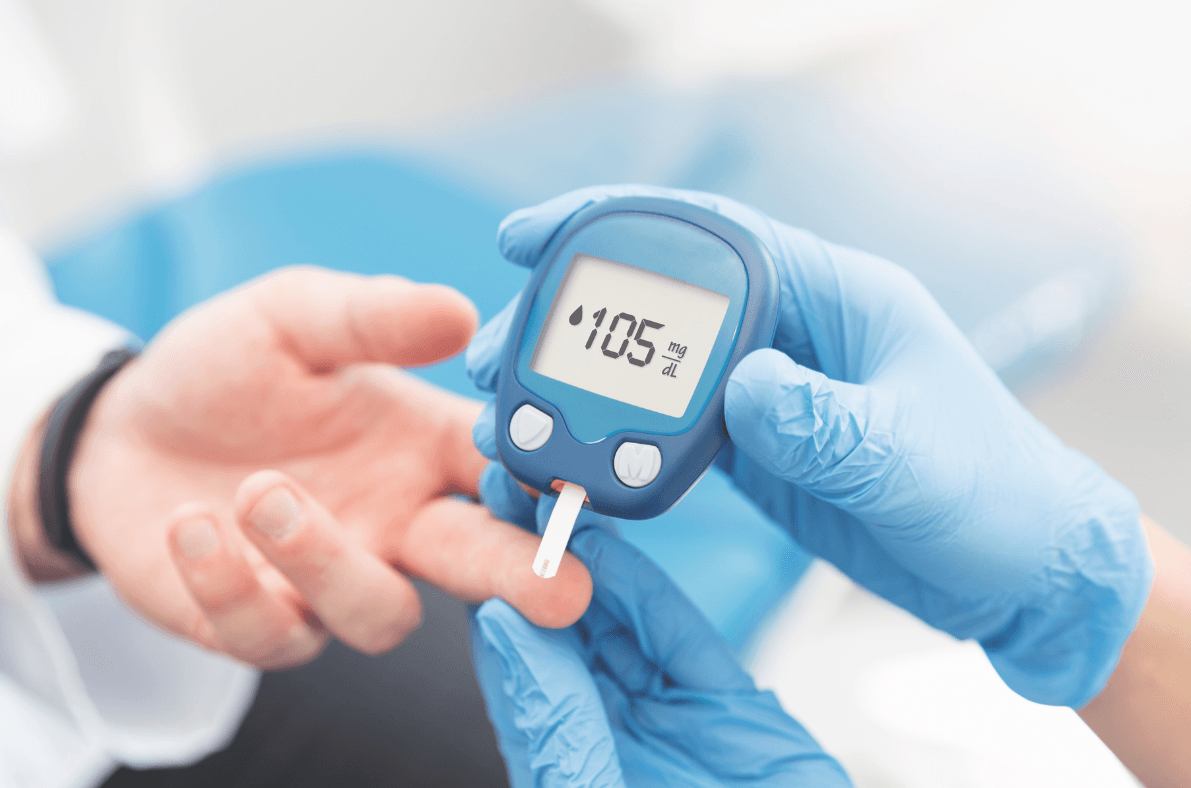Not getting enough sleep can hinder your physical and mental well-being over time. Luckily, it’s never too late to start healthy sleep habits to improve your health!
In a world that’s growing increasingly hectic, with heightened demand for technology implementation and most people using technology before they go to bed, sleep can often fall on the back burner. As such, many may either struggle to get quality sleep or fail to prioritise sleep in favour of late nights and early morning starts.
Responsibilities, such as work schedules, education and family commitments, can easily have you working late or starting early, and that’s not to say that work, school and family aren’t important. However, insufficient sleep will negatively affect your mind and body’s health over time.
What Are The Signs You Might Not Be Getting Enough Sleep?
A lot of the symptoms of sleep deprivation can easily be dismissed as simply feeling off or having a bad day. Nevertheless, the key indicators of poor sleep to watch out for include:
- Irritability and mood changes
- Finding it difficult to concentrate
- Shorter attention span
- Thinking more slowly
- Feeling extremely tired – both physically and mentally – throughout the day
- Physical symptoms, such as eye bags or dark circles under the eyes
How Much Sleep Do You Actually Need?
Getting the right amount of sleep will vary from person to person, especially when your age comes into play. Still, a good idea is a trial-and-error approach to see when you feel well-rested versus when you don’t. This method will help you figure out how much sleep your body is telling you that you need.
However, as a general rule, healthy sleep habits based on hours-to-age-range ratio are:
- Teenagers: around 8 to 10 hours
- Adults: about 7 to 9 hours
- Seniors: approximately 7 to 8 hours
What Happens To Your Body When You Don’t Get Enough Sleep?
There are numerous repercussions to continually failing to get enough sleep, which include surface problems relating to how you feel and serious health problems down the line. When you don’t get enough sleep, your body cannot properly recover and maintain its optimum condition, leading you to start noticing serious changes in your mental and physical state.
Over time, untreated sleep deprivation can result in significant health failures, such as a heart attack or high blood pressure. Alongside these, continuous poor sleep could also put you at risk of a weakened immune system and diabetes and can negatively impact your mood, causing issues such as a low sex drive and depression.
If you find yourself suffering from any of these issues no matter how minor, taking action early on can prevent further health decline – so see your doctor or use GP online services if you can’t find the time to go in person immediately. Your GP can offer expert advice and prescriptions should they feel you’d benefit from medication.
Lack of Sleep, Physical Health and Mental Health
It’s important to note that physical and mental health should be considered when understanding a healthy sleep pattern and any problems with one. Despite your best efforts, you may still find that you still feel exhausted no matter what you do – and this isn’t a rare problem in today’s age.
Perhaps you feel like all you want to do is sleep, even though you’re getting a full night’s rest, or maybe you feel exhausted and irritable throughout the day. Signs like these could indicate you’re suffering from sleep-related issues; however, they can also point to other health conditions, such as depression, anxiety, or a physical health problem.
Whatever the signs and symptoms, it’s important to speak with a healthcare professional, make an appointment with your doctor or use GP online services if you’re concerned about your energy levels and sleep pattern. Lack of sleep affects plenty of people, yet too many don’t take it seriously and forgo help – much to their detriment. Support is available and can set you on the right track to getting the quality sleep your physical and mental health need – so use it.











